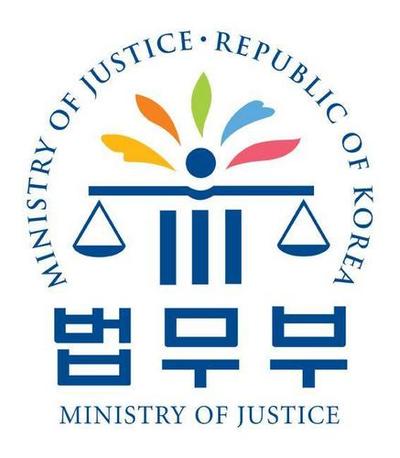Ministry painting all progressive activities as “pro-North Korea”

Report on possibly disbanding the UPP ties S. Korean activities to N. Korea’s policy of fomenting rebellion
The Ministry of Justice submitted a document to the Constitutional Court, which is deliberating over a request to dissolve the Unified Progressive Party (UPP), that links progressive activities such as the candlelight vigils about mad cow disease to North Korea. The Hankyoreh acquired a copy of the document on Sept. 9. The Ministry went so far as to argue that the opposition party coalition in the 2012 general election was in line with North Korea’s policy of fomenting rebellion in South Korea.
In a document submitted to the court on Aug. 29 titled “How the Anti-American and Autonomous Popular Struggle Followed North Korea Unification Front Tactics,” the Ministry said that major activities by progressive groups had been infiltrated by North Korea’s goal of instigating revolution in the South.
Several major examples cited by the Ministry include opposition to the US bombing range at Maehyang Village in 2000, the outcry about two middle school students crushed to death by an American armored vehicle in 2002, protests at the Pyeongtaek US base in 2005 and 2006, calls to remove the statue of Gen.
Douglas MacArthur in 2005, opposition to the Korea-US free trade agreement (FTA) in 2006 and 2007, the mad cow disease candlelight protests in 2008, the struggle against Lee Myung-bak in 2008 and 2009, and opposition to the construction of a naval base on Jeju Island in 2011.
Motivating these activities, the Ministry contended, was North Korea’s strategy of inciting revolution in South Korean society. It claimed that this was part of a strategy to create an “anti-American and autonomous” battle line and to isolate the conservatives by consolidating the middle classes and that starting in the 1990s, North Korea started to utilize revolutionary strategies through political parties.
As evidence for this conclusion, the Ministry cited unilateral statements issued by North Korean organizations dealing with South Korea. It quoted the spokesperson for the National Democratic Front of South Korea as saying that “people from every sector must join in the anti-American struggle, bearing in mind the bloody lessons taught by the Maehyang Village incident” and the spokesperson for the Anti-Imperialist National Democratic Front as saying that “as long as the US military occupies this land, we will never see an end to what happened at Maeyang Village.”
The Ministry’s argument included instructions sent by North Korea to Wangjaesan, a spy organization that infiltrated the Democratic Labor Party. The group was ordered to keep using strategic slogans about calling for US forces to withdraw and to analyze the lessons and experience of the 2008 candlelight vigils and the Arab Spring, the anti-government movements underway in the Middle East at the time, and to put them into practice.
However, the ministry’s document disregarded the fundamental cause and motivation of popular resistance, including the condition of the South Korean government, its subservient foreign policy, and voluntarily participation by the people.
The Maehyang Village incident occurred when residents of a town who had suffered greatly from USFK bombing practice called for the bombing range to be closed. The uproar about the two middle school girls who were run over resulted from widespread rage in Korean society about their tragic deaths. The trigger of the mad cow disease candlelight vigils was the shameful negotiating position of the government, which seemed to be putting the health of the Korean people on the backburner.
After 27 visits to the site of the demonstrations, Park Han-cheol, then-head of the security division of the Supreme Prosecutors’ Office and current chief justice of the Constitutional Court, reportedly opposed a hard-line response to the demonstrations after concluding that people were voluntarily taking part in them.
In the ministry’s analysis, the UPP was simultaneously carrying out a legislative struggle and a popular struggle following North Korea‘s revolutionary strategy for South Korea, which was also the basis for the opposition party coalition in the 2012 general election.
“Members of the UPP were carrying out a revolutionary campaign from a perspective that is more North Korean than North Korea. We will explain our position during the public hearing to ensure that this does not come across as a criticism of the entire progressive movement,” said Jeong Jeom-sik, head of the ministry’s task force for the trial about disbanding the party.
“The Ministry of Justice thinks that constructive criticism of policy and the natural activities of progressives are all linked with North Korea. This is an attempt to deprive the opposition of the right to speak by framing them as pro-North Korea,” said Kim Seon-su, counsel for the UPP.
By Noh Hyun-woong, staff reporter
Please direct questions or comments to [english@hani.co.kr]
